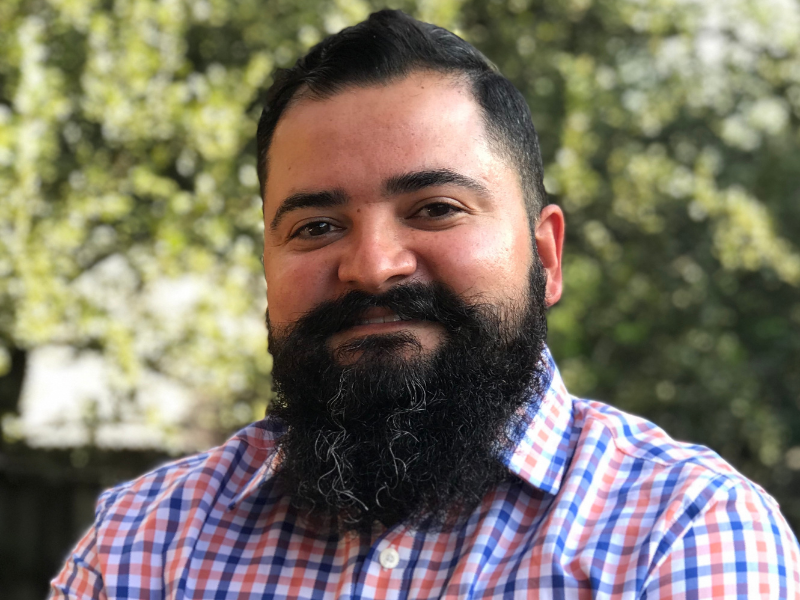TSSW faculty looks at health inequities for diabetic patients
This American Diabetes Month, Tulane School of Social Work recognizes Adjunct Professor Steven Gomez, PhD, LCSW, MS. Dr. Gomez combines his expertise as a medical anthropologist and social worker to research the health inequities of diabetic communities in North America. His key research works, "Strategies for Survival with Diabetes: An Investigation of the Structural Factors Impacting Health Disparities and Chronic Disease Management" and "Implementing Best Practices: Program Evaluation and Program Development for an American Indian Gestational Diabetes Program" focus on understanding how diabetes patients navigate the complex economic, social, psychological, and healthcare challenges they face.
Gomez explores both the strategies these patients use to maintain health and how their personal healthcare strategies interact with broader structural factors that influence their chronic disease management.
Managing diabetes is deeply influenced by economic constraints, social isolation, and mental health issues like depression and anxiety. Many participants showed a good understanding of how to manage their condition, but were hindered by limited financial resources, access to diabetes supplies, and healthy food options. Mental health problems, particularly depression, often exacerbate difficulties in managing diabetes, as stress and anxiety could lead to poor diabetes outcomes, which in turn contribute to further mental health issues.
Gomez's work highlights the importance of addressing both physical and mental health in diabetes care. It calls for a holistic approach to diabetes management that includes regular mental health assessments, as well as consideration of patients' social networks and support systems. His research also underscores the significance of tailoring diabetes care to the individual's lived experience, including their personality, socioeconomic status, and mental health, rather than simply providing generalized advice.
Gomez suggests that healthcare providers should adopt a more personalized and context-sensitive approach, integrating psychosocial and economic assessments into routine care. He also recommends improving access to community resources, offering group medical appointments, and addressing systemic barriers such as lack of health insurance. Gomez also stresses the importance of ongoing education and follow-up care, as patients' ability to retain and apply diabetes management information can be affected by emotional and cognitive factors.

